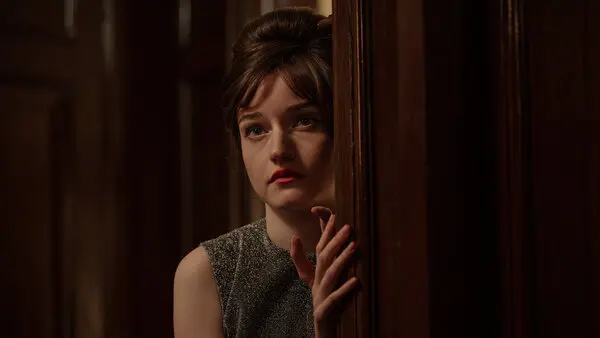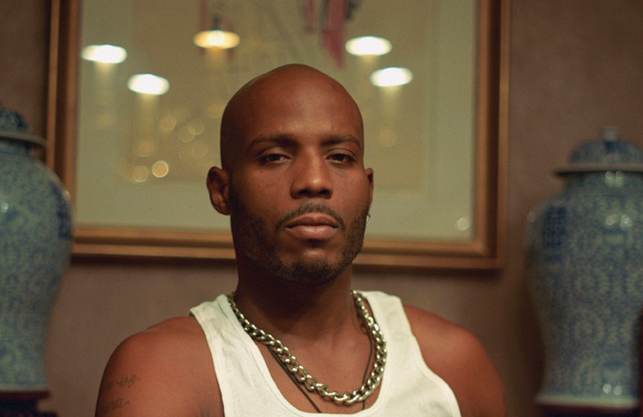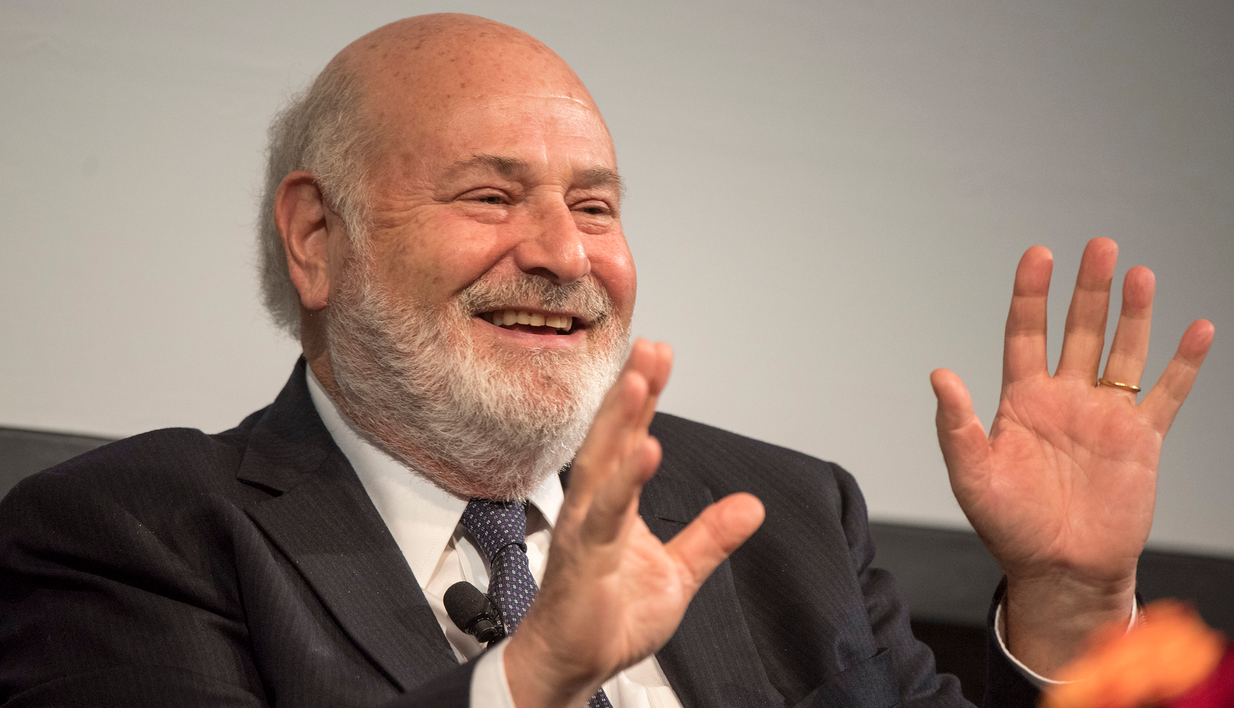Apartment 7A Review: A Lackluster Prequel to Rosemary’s Baby: Apartment 7A a prequel to the legendary horror film “Rosemary’s Baby,” has debuted with lofty expectations but ultimately disappoints. Despite strong performances from Julia Garner and Dianne Wiest, the film struggles to justify its existence, presenting a narrative that feels unnecessary and uninspired. This review delves into the film’s shortcomings, its connection to the original, and the performances that try, yet fail, to elevate the material.
Suggested read: The Curse Of The Necklace Cast & Crew, Release Date – Dark Horror
A Familiar Yet Unnecessary Narrative – Apartment 7A
The film attempts to fill in the backstory of Terry Gionoffrio, a minor character from “Rosemary’s Baby.” Set in the months leading up to the events of Roman Polanski’s 1968 classic, “Apartment 7A” aims to explore Terry’s life as she navigates her dreams of Broadway stardom while becoming entangled with the sinister Castevets.
However, this exploration feels redundant; audiences familiar with the original story already know the fate that awaits her. The film does little to add depth or intrigue to a character whose backstory was never in urgent need of elaboration.
Strong Performances Amid Weak Material
Julia Garner delivers a compelling performance as Terry, a dancer whose aspirations are thwarted by a debilitating injury. Dianne Wiest shines as Minnie Castevet, bringing a unique flair to her role that contrasts with Ruth Gordon’s iconic portrayal in the original film. Despite their talents, both actors are unable to salvage a script that lacks originality and direction. The screenplay fails to provide fresh insights or unexpected twists, leaving viewers with a sense of déjà vu rather than suspense.
Suggested read: From Season 3 Release Schedule, Cast, Plot, and More
Visual Style and Direction
Directed by Natalie Erika James, known for her previous work on “Relic,” “Apartment 7A” showcases moments of visual flair but often feels flat and uninspired. The film’s atmosphere lacks the tension and artistry that characterized Polanski’s original. While there are attempts at creating eerie moments through dream sequences and unsettling visuals, they ultimately fall short of delivering genuine scares or emotional resonance.
Themes of Ambition and Isolation
One of the film’s few positive elements is its examination of ambition and the societal pressures that women faced during the 1960s. The film touches on themes of control over one’s body and the consequences of pursuing fame at any cost. However, these themes are not fully realized or explored in a meaningful way. Unlike “Rosemary’s Baby,” which poignantly depicts isolation and gaslighting experienced by pregnant women, “Apartment 7A” fails to evoke similar feelings of dread or empathy.
Conclusion: A Missed Opportunity
In conclusion, “Apartment 7A” – Review, is a lackluster prequel that struggles to find its place within the legacy of “Rosemary’s Baby.” While it features strong performances from its lead actors, these efforts are overshadowed by a script that offers little in terms of innovation or suspense. As audiences watch Terry’s descent into darkness unfold predictably, one cannot help but wonder if this story is worth telling at all. Ultimately, “Apartment 7A” serves as a reminder that not every classic needs an origin story; some tales are best left untouched.








